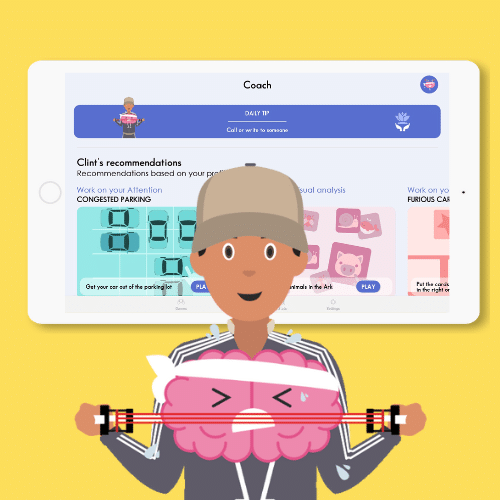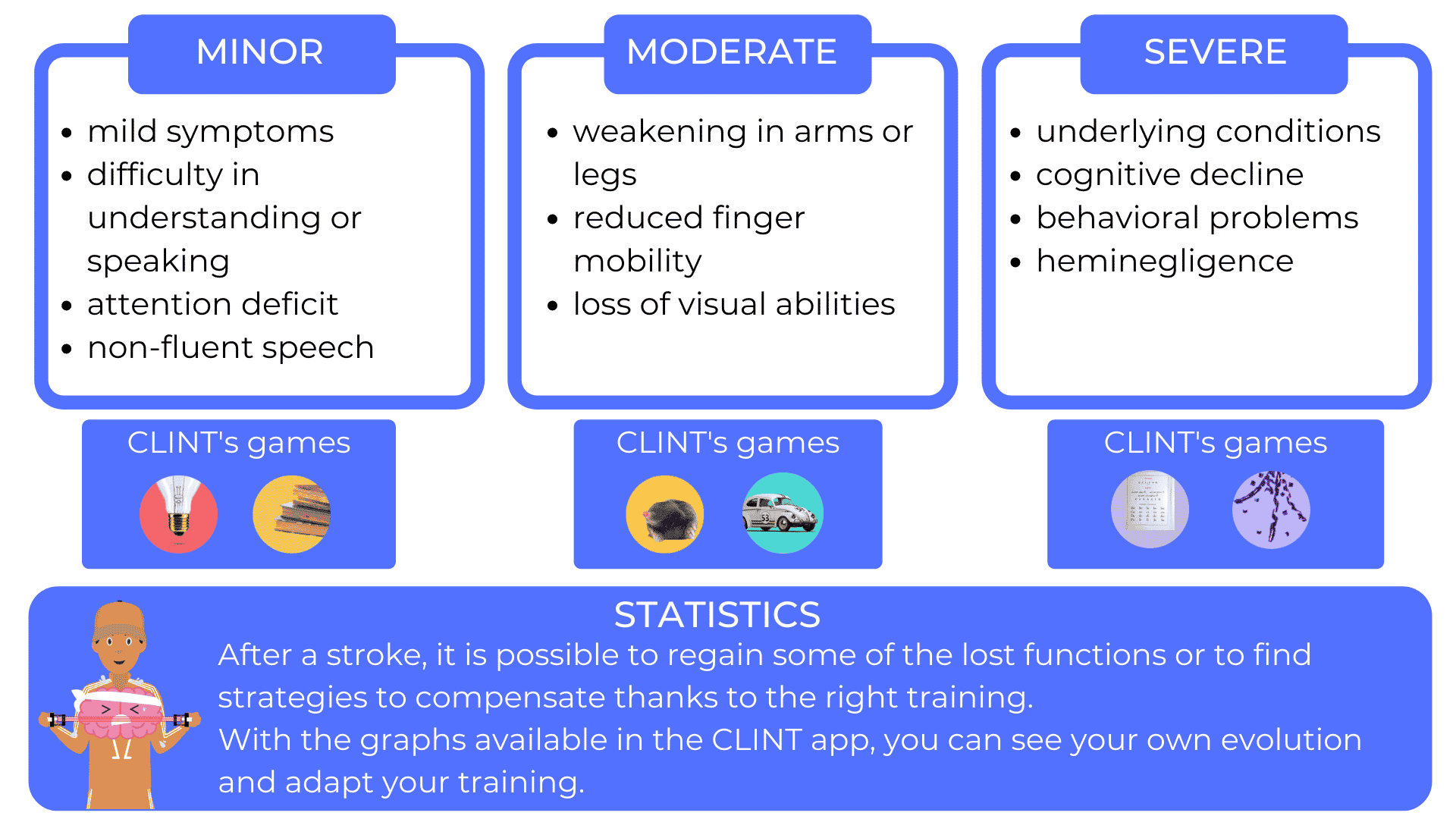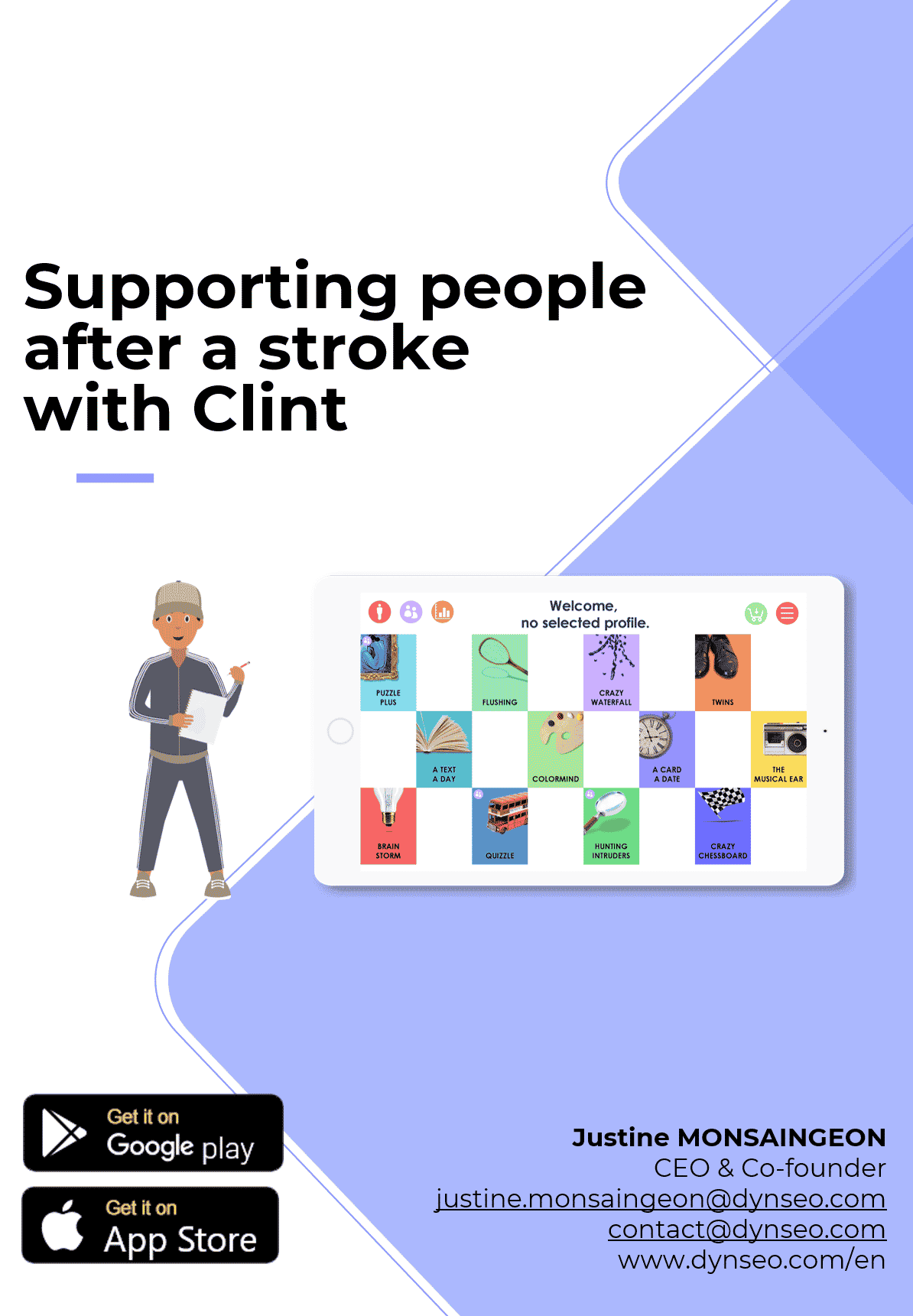A loved one is aphasic after having had a stroke? You don’t really know how to talk to him/her? Don’t panic, we are going to give you a lot of advice in this article! It may not be easy, but you will know everything about aphasia!
Aphasia can be an important symptom after a stroke, but it can also cause other difficulties. This means that you need to support the person after a stroke in all activities of daily living that have become difficult. Ready to find out more?
What is aphasia?
When we talk about aphasia, we are essentially talking about a language impairment that occurs after a stroke. The symptoms can be different from one person to another. Some people may have difficulty finding certain words, while others turn words into sounds. In a third case, the person can only pronounce a few simple words like “yes”, “no” or “thank you”.
The differences in symptoms are due to the area of the brain affected by the disease. Each area of the brain controls different functions, and there are several areas of the brain that control language.
- Wernicke’s aphasia: if the lesion is in Wernicke’s area, the aphasia manifests itself in the receptive language. The person will therefore have difficulty understanding oral or written language. In this case we can have what is called a “word salad”, the person speaks at a normal rhythm, he thinks of saying correct sentences, but in reality the words are confused and the elocution incomprehensible.
- Broca’s aphasia: if the lesion is in Broca’s area, the aphasia manifests itself in expressive language. The person does not have difficulty understanding, but may have difficulty finding the right word, speak very slowly and have difficulty expressing themselves.
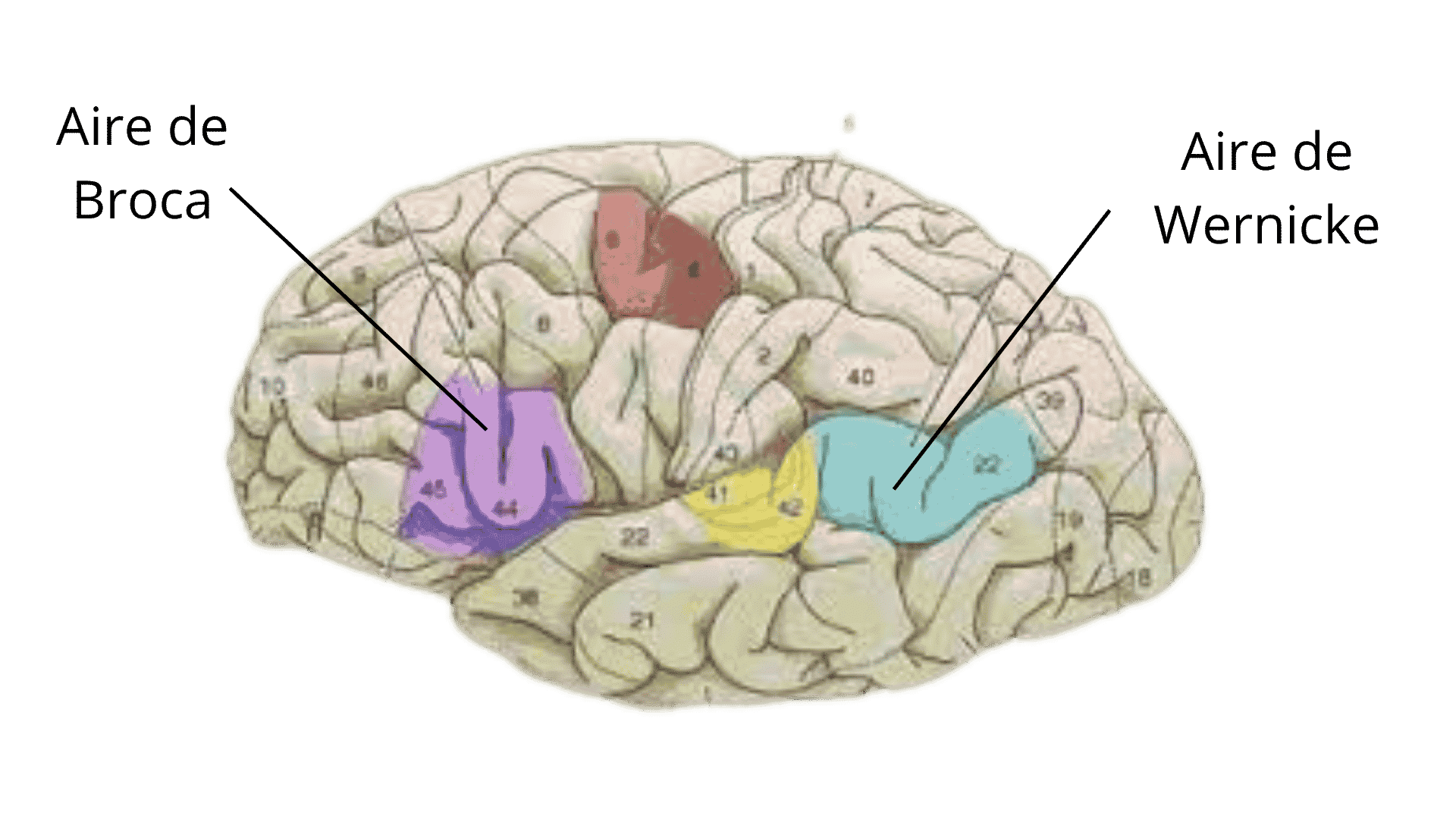
Who are the people most at risk?
It is mainly the elderly who can suffer from aphasia following a stroke. However, it can also affect younger people and even children, although this remains particularly rare.
Aphasia often occurs after a stroke, head injury or dementia. Aphasia is a symptom that can help to recognize one of these situations. It is very important to be able to identify a disease quickly in order to be taken care of by professionals and to have a specialized follow-up.
Whether aphasia occurs in a child, an adult or an elderly person, there is always a solution. Sometimes, it is possible to recover certain lost functions, thanks to training and therapy. Also, when the lesion is more severe and it is not possible to recover the lost cognitive function, it is possible to find solutions and alternatives. It is indeed possible to communicate with a person with aphasia, if we know his difficulties and adapt to his needs.
How to communicate when you have aphasia?
Communicating with a person with aphasia is not always easy. Here are some tips that should certainly help you to see things more clearly:
Keep your sentences short and simple. Of course, the goal is not to infantilize the person, but simply to make sure that he or she can understand you.
You should also ask questions that the person can answer with “yes” or “no”. Again, keep these questions relatively simple and short so that the person with aphasia can answer you. You need to know the words the person can say and adapt your questions to the answers they can give.
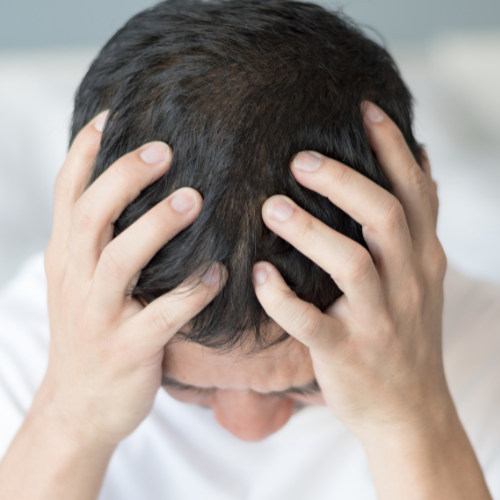
- You can also accompany your words with gestures. This will help them better understand what you are trying to convey.
- You can also show concretely in the space what you are talking about. This will really improve understanding for the person with aphasia.
It is important to know that you can use different elements:
A communication booklet: this can be set up with a speech therapist. It takes the form of photographs of daily life so that you can communicate with the person concerned.
How to communicate when you have aphasia?
If you have aphasia, it is really important to take into account that you will have to learn a new method of communication. This means that you will have to undergo cognitive re-education, which is not necessarily easy. Of course, the goal of this type of therapy is simply to break the isolation of the patients. Indeed, when a person can no longer communicate as before, he or she will tend to become progressively isolated.
If you live or work with a person who has aphasia, you should really take the time to talk to them. You must always be understanding!
Speech Therapy to rehabilitate aphasia
When a person has aphasia, prompt intervention by a speech therapist is essential. The goal of the speech therapist is to help the person communicate with those around him or her. Communication is mainly through speech, but when speech is not accessible, other means of communication must be found.
The first thing to assess is whether there is a possibility of recovering the function of language entirely or partially. If there is, the first objectives will be to follow the person in order to recover the lost skills.
In the case where the person cannot recover cognitive functions, the speech therapist can provide alternative solutions, such as a picture book or dedicated applications.
If you live or work with a person who has aphasia, you should really take the time to talk to them. You must always be understanding!
Clint, your brain training coach
Clint is an app with more than 30 brain games for the stimulation of cognitive functions. When a person has a stroke, he or she may have difficulties in several areas. You can see symptoms in language, as we just saw in this article, but also in attention, memory or logic.
So you can use Clint for a global follow-up of the person.
Other articles you might be interested in:
Reconstructing After Stroke: Redefining Identity and Goals.
A stroke is a serious medical condition that occurs when blood flow to the brain is interrupted, causing damage to...
The Different Types of Stroke Explained: Ischemic, Hemorrhagic and TIA.
A stroke is a serious medical condition that occurs when blood flow to a part of the brain is interrupted or reduced,...
Preventing Stroke Recurrence: Measures and Lifestyle Changes.
A stroke is a serious medical condition that occurs when blood flow to the brain is interrupted, causing damage to...


